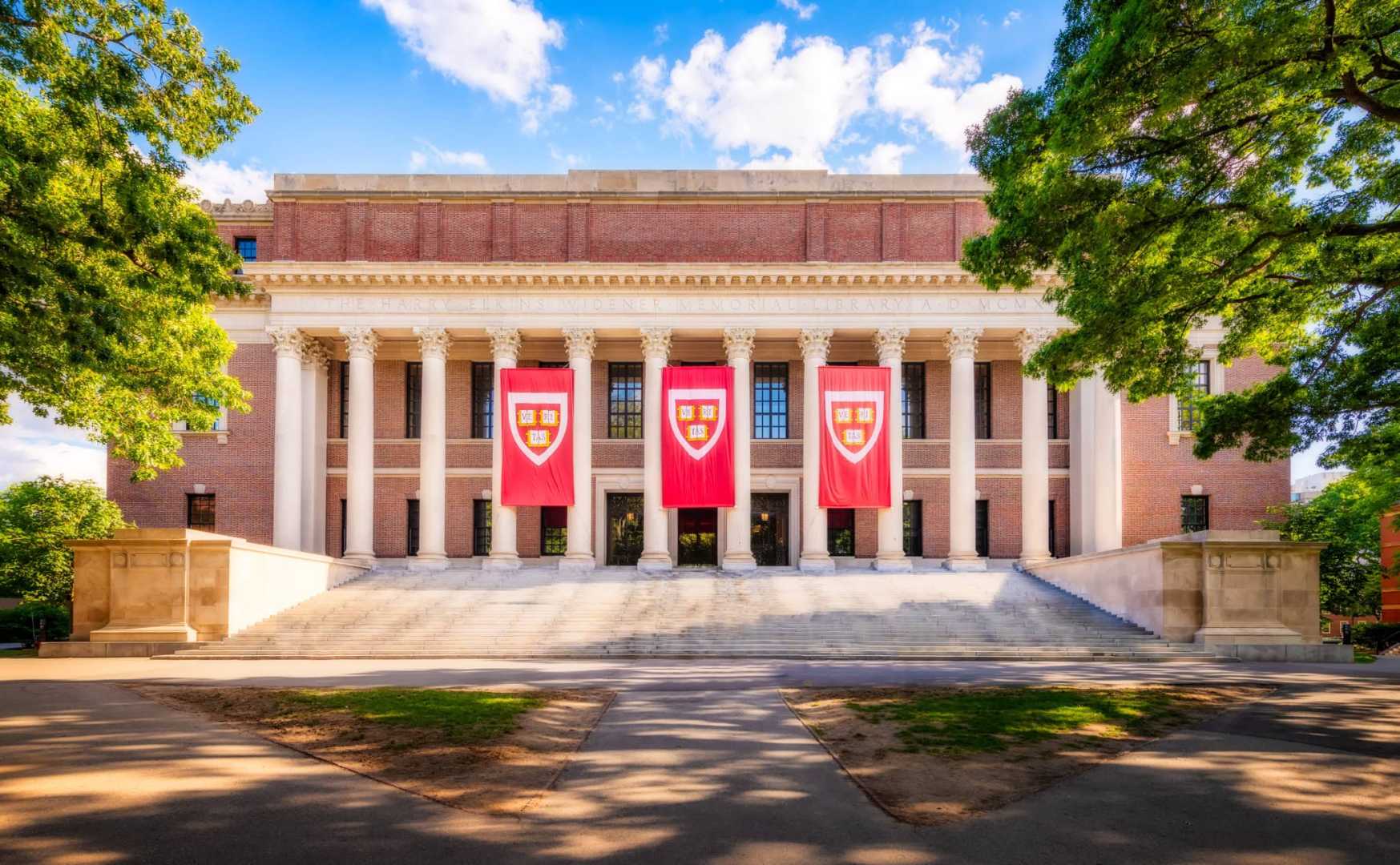Education
Harvard Rejects Federal Demands Amid Funding Freeze Over Antisemitism Concerns

CAMBRIDGE, Mass. — Harvard University President Alan M. Garber announced on Monday that the institution would not comply with a series of demands from the Trump administration, which posed threats to its long-standing federal funding over accusations of antisemitism on campus. The administration’s stance is part of a broader review of approximately $9 billion in federal contracts and grants to some universities, reflecting rising tensions around free speech and political ideology in academia.
In a letter addressed to the Harvard community, Garber emphasized that the government’s demands intruded upon the university’s academic independence and First Amendment rights. He highlighted the importance of the university’s federal partnerships, which have contributed to significant advancements in various fields, including medicine and technology.
“No government — regardless of which party is in power — should dictate what private universities can teach, whom they can admit and hire, and which areas of study and inquiry they can pursue,” Garber wrote. The rejection of the administration’s demands came swiftly after the announcement of a funding freeze that would deprive Harvard of $2.2 billion.
The demands outlined by the administration included measures that would require Harvard to ‘audit’ the viewpoints of its faculty and students, as well as ensuring the hiring processes are merit-based without preferential treatment for race, color, or national origin. The White House has framed its position as an effort to combat what it considers unchecked antisemitism on college campuses, especially in light of pro-Palestinian protests that have sparked heightened scrutiny of universities.
Garber pointed out that Harvard had already taken numerous steps over the past year to address antisemitism, asserting that controlling the university’s academic environment through government power is contrary to what the institution represents. He reaffirmed the university’s commitment to combating hate and fostering a safe academic environment for all students.
The administration’s rhetoric has drawn criticism from various stakeholders, including former President Barack Obama, who described the funding cuts as politically motivated and detrimental to the educational sector. In response to these developments, Harvard has observed a fresh wave of support from its alumni, resulting in over 3,800 donations exceeding $1 million in the 24 hours following Garber’s announcement.
“It’s a time of special need, and I have faith in the current leadership,” said Peter L. Malkin, a Harvard alumnus who decided to increase his donation in light of the recent events. “I believe that Harvard will lead others along with them in this path,” added Eve J. Higginbotham, a former member of the Harvard Board of Overseers, noting that she felt inspired to contribute more following Garber’s defiance.
This support is particularly crucial as the university grapples with the financial implications of the impending funding cuts, which account for about 16% of its overall budget, often directed toward essential research efforts that benefit the broader public. Experts warn the situation could set a precedent for the relationship between higher education institutions and federal funding, escalating an ongoing battle over educational values and institutional autonomy.
In light of the situation, Garber reassured the Harvard community that the administration will continue to uphold its principled stance. “We will not surrender our independence,” he affirmed, urging the community to remain focused on pursuing truth and knowledge without external interference.












